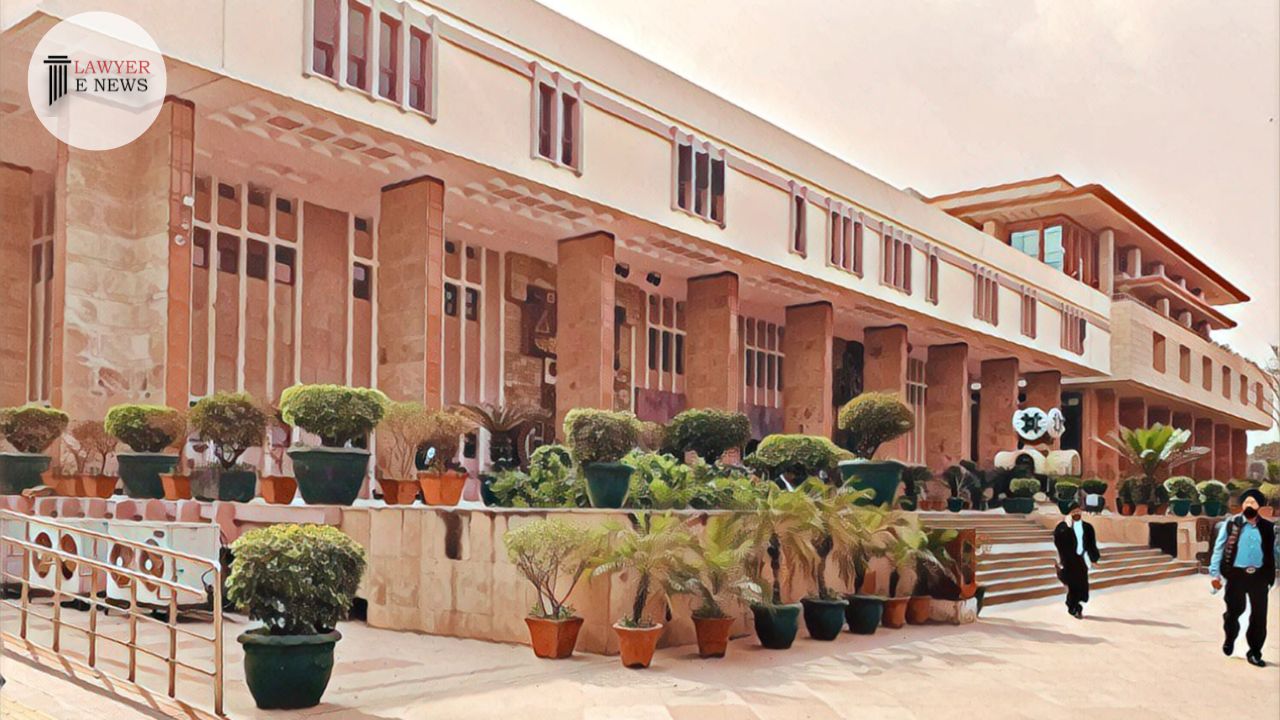-
by Admin
17 February 2026 2:34 PM



In a significant ruling, the Delhi High Court set aside a bail order for non-compliance with the mandatory notice requirements under the Scheduled Castes and The Scheduled Tribes (Prevention of Atrocities) Act, 1989. The court, led by Hon’ble Mr. Justice Navin Chawla, emphasized the critical need to adhere to the procedural norms laid down in the Act, particularly regarding the victim’s right to be heard in bail proceedings.
The judgment centered around the procedural imperatives under Sections 15A(3) and 15A(5) of the SC & ST Act. These sections mandate providing reasonable notice of bail proceedings to the victim and ensuring their right to be heard. The crux of the legal issue was whether the bail granted to the respondent without adhering to these provisions could stand judicial scrutiny.
The appeal, filed under Section 14A(2) of the SC & ST Act by the alleged victim, challenged an order granting bail to the respondent in a case involving offences under the IPC and SC & ST Act. The appellant contended that the order was passed without serving notice of the bail application, thus violating Sections 15A(3) and 15A(5) of the SC & ST Act.
The court, referring to the Supreme Court judgment in Hariram Bhambhi v. Satyanarayan & Anr., noted that the absence of notice to the appellant and the opportunity to be heard rendered the bail order liable to be set aside. Justice Navin Chawla observed, “Compliance with sub-section (3) and (5) of Section 15A of the SC & ST Act is mandatory in nature, and the bail granted in contravention thereof is liable to be set aside only on that ground.” The court further remarked on the continued reality of atrocities against SC and ST communities, underscoring the importance of strict adherence to the statutory protections afforded to them.
The High Court set aside the impugned bail order due to the procedural lapses identified. The bail application was remanded back for reconsideration by the Special Judge, with explicit directions to comply with the procedural requirements and provide an opportunity for the appellant to be heard. However, the respondent was granted temporary relief, not to be taken into custody for 15 days, subject to the Special Judge’s orders on the renewed bail application.
Date of Decision: 14th February 2024
X vs. State NCT of Delhi & Anr.
